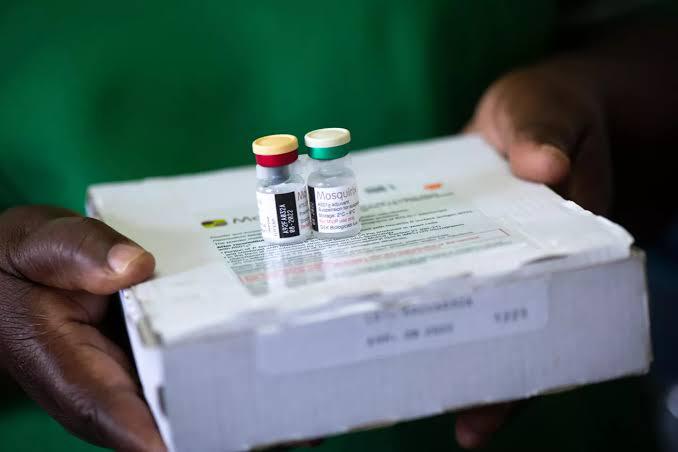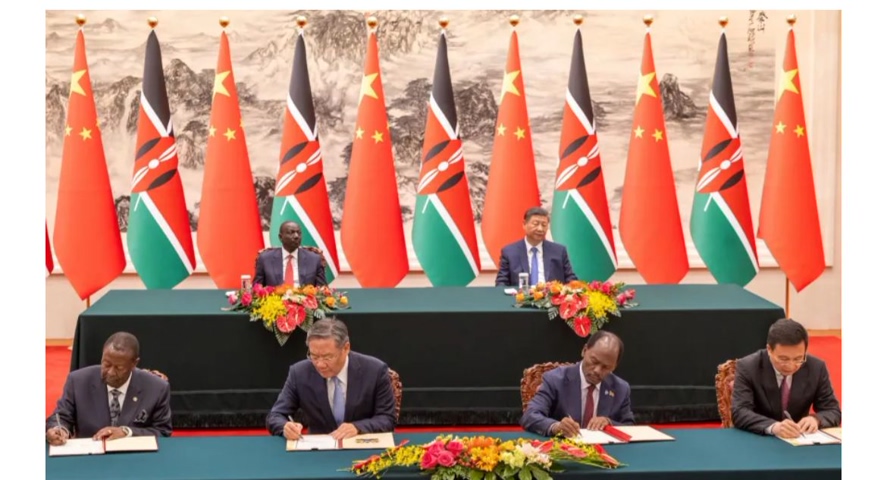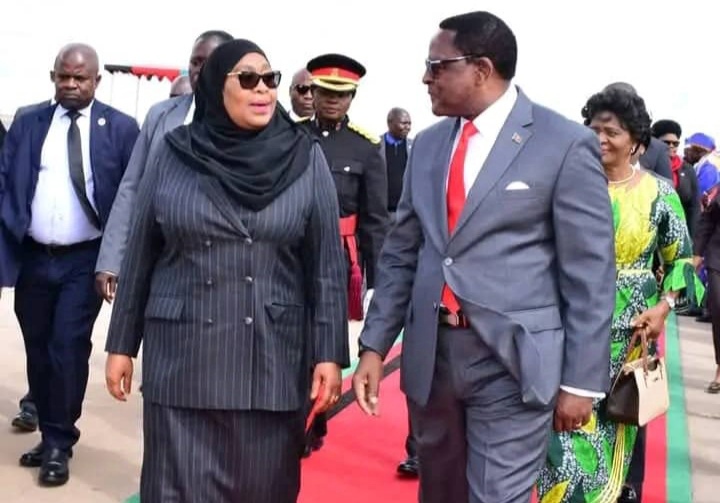Nigeria Takes Delivery Of One Million Malaria Vaccine Doses From Gavi, the Vaccine Alliance

By Onoja Baba, Nigeria
The Federal Government of Nigeria has received one million doses of the R21/Matrix-M malaria vaccine, donated by Gavi, the Vaccine Alliance.
The handover ceremony took place on Thursday in Abuja.
This development follows the World Health Organization’s (WHO) decision in December 2023 to add the R21/Matrix-M vaccine to its list of prequalified vaccines. In October 2023, WHO recommended its use for preventing malaria in children, based on guidance from its Strategic Advisory Group of Experts on Immunization and the Malaria Policy Advisory Group.
The prequalification of the R21 vaccine paves the way for its broader availability and is a prerequisite for vaccine procurement by UNICEF and funding from Gavi.
The R21 is the second malaria vaccine to achieve WHO prequalification, following the RTS, S/AS01 vaccine in July 2022. Both vaccines have been proven safe and effective in clinical trials for preventing malaria in children.
During the ceremony, Dr. Muyi Aina, Executive Director and CEO of the National Primary Healthcare Development Agency, highlighted the significance of the vaccine for Nigeria’s malaria control efforts.
He praised President Bola Tinubu’s commitment to safeguarding the health of Nigerians.
“Nigeria contributes approximately 27% of the global malaria burden and 31% of malaria-related deaths worldwide, with nearly 200,000 malaria deaths occurring in 2022 alone,” Dr. Aina said.
He emphasized that children under five and pregnant women are particularly vulnerable, noting that Nigeria had a 22% malaria prevalence rate in children aged six to 59 months as of 2021.
Dr. Aina explained that the new vaccine is expected to reduce all-cause mortality in children under five by 13% and decrease severe malaria hospitalizations by 22%.
He also outlined a phased introduction of the vaccine, beginning in November 2024 in Kebbi and Bayelsa States. Kebbi was chosen due to its high malaria prevalence rate of 52%, while Bayelsa’s target population of 69,935 aligns with the available doses.
Children between five and 15 months will receive the vaccine as part of routine immunization, with four doses needed for full protection. The first dose will be administered at five months, followed by doses at six, seven, and fifteen months.
The second phase of the rollout, targeting 19 states and the Federal Capital Territory (FCT), will take place in 2025, with the final phase covering the remaining 15 states.
To ensure the successful rollout of the vaccine, Dr. Aina revealed that a cross-program coordinating mechanism has been established to engage stakeholders, including caregivers, community leaders, and healthcare workers.
categories
recent posts

NIGERIA: ‘Coming Political Battle Not APC Versus PDP, Or LP Versus APC’ – Atiku

Praises And Panic: APC Sees PDP Chairman’s Endorsement Of Gov Mutfwang As Cry For Relevance

NIGERIA: Akpabio Leads Nigerian Delegation To Vatican For Pope Francis’ Funeral

Kenya Secures Major Economic And Infrastructure Deals During Ruto’s State Visit To China

